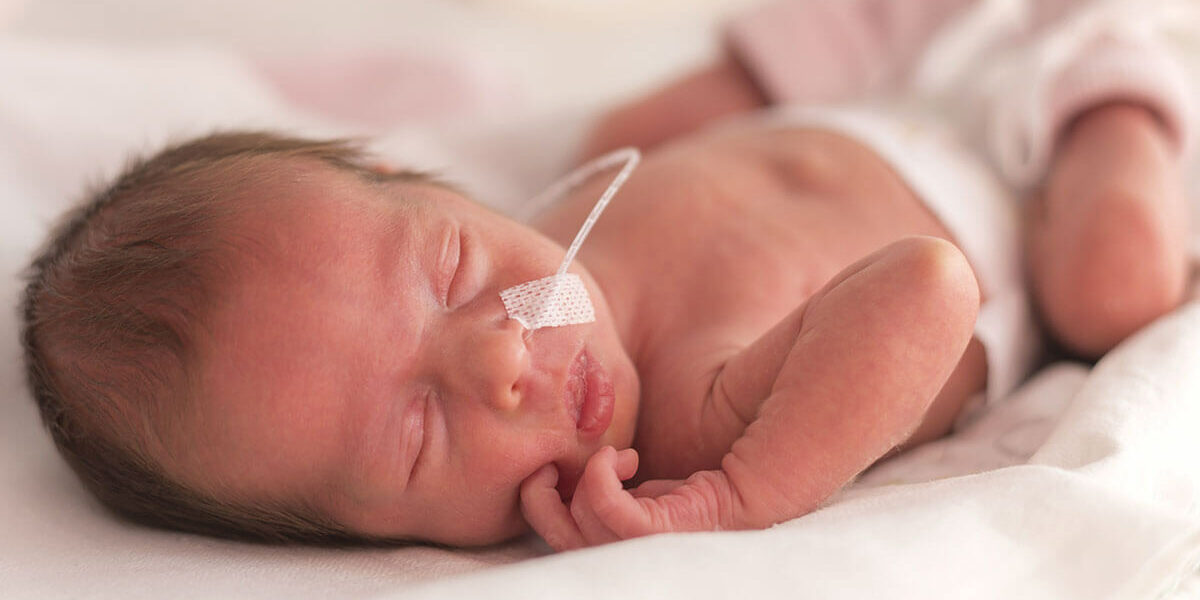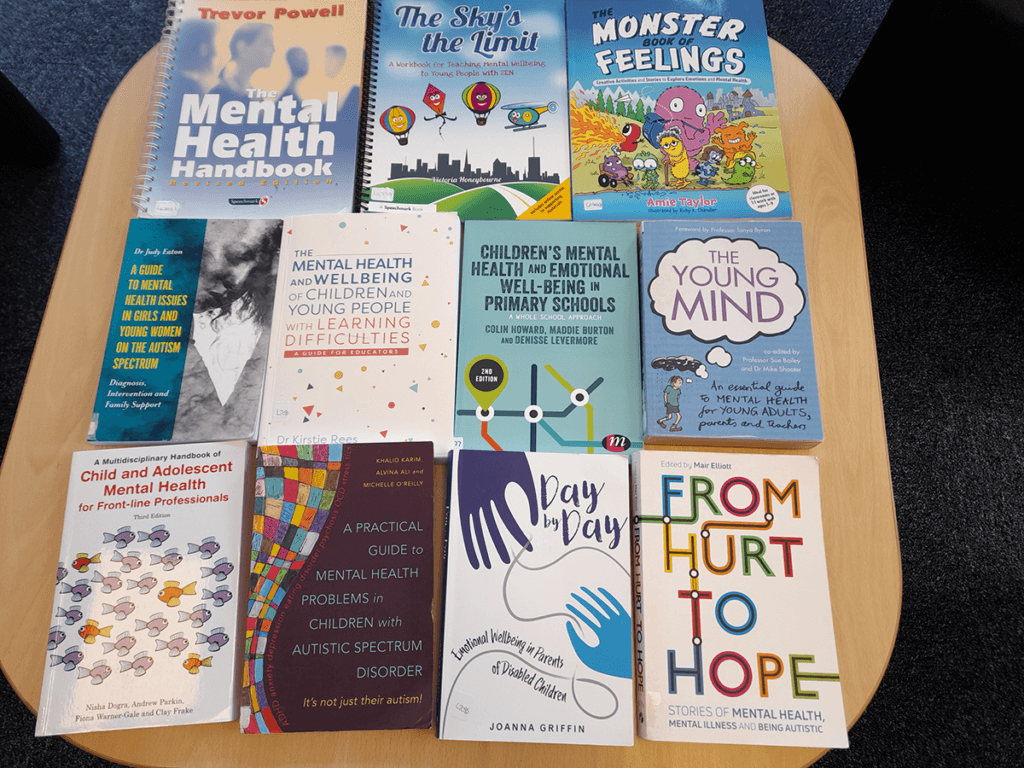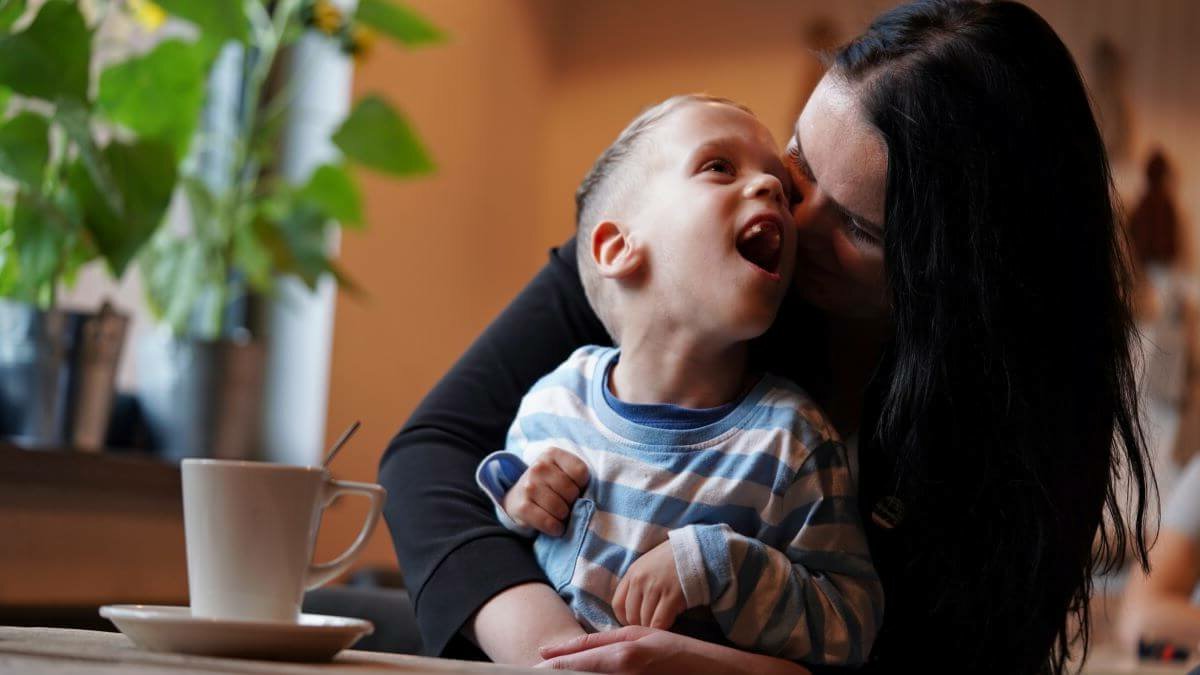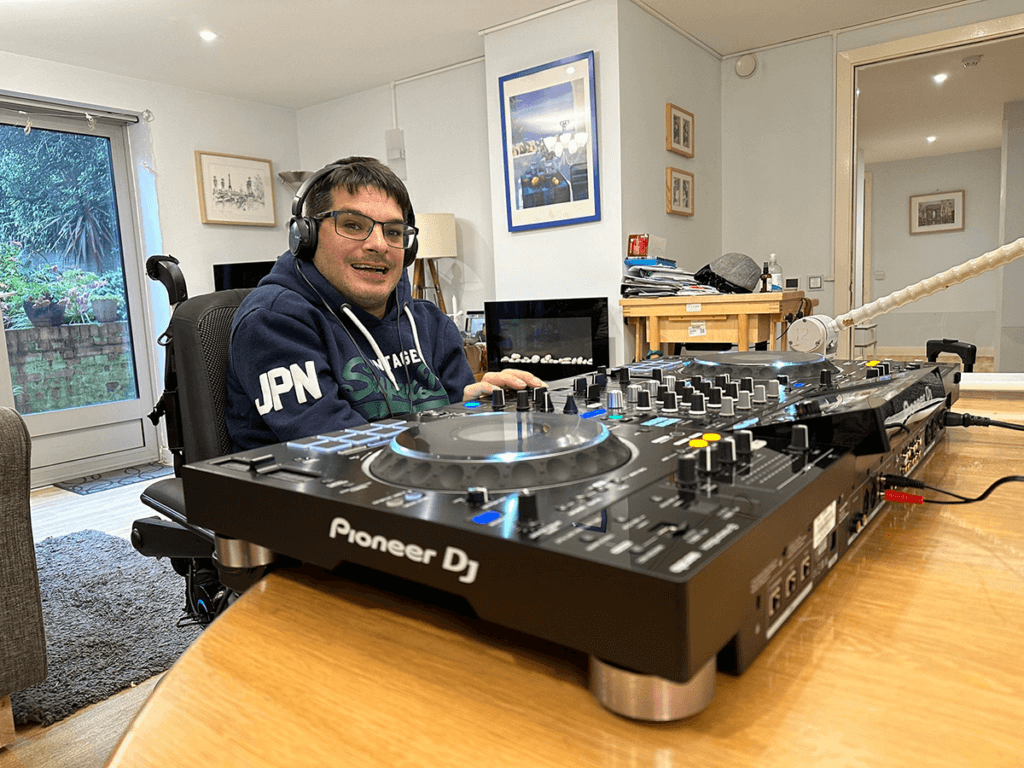From 2020 to 2024, Cerebra supported a research initiative at the University of Leeds aimed at preventing neonatal brain injuries, which can have lifelong impact on children’s development. These injuries are often associated with pregnancy complications such as foetal growth restriction (FGR), pre-eclampsia (PET), and preterm birth (PTB), conditions that affect up to 20% of pregnancies and can lead to irreversible outcomes. The program focused on studying the placenta’s role in these complications to uncover key insights and develop innovative tools to reduce the risk of brain injury in newborns.
Why We Funded This Research
Neonatal brain injuries have significant and lasting impacts on children’s cognitive, social, and academic potential. As research increasingly reveals the placenta’s critical role in the health of both mother and child, we saw an opportunity to support ground-breaking work that could advance knowledge and prevention strategies in neonatal health.
What the Research Team Accomplished
The Cerebra program at Leeds was organised around four major research themes, each aimed at exploring different aspects of placental health and how abnormalities may lead to neonatal brain injuries.
- Building the Leeds Placenta Bank: A major goal was creating a dedicated placenta tissue bank to study both current and archived specimens. This invaluable resource is now used to explore placental health and its relationship to pregnancy complications and available for collaborative research programmes with other groups nationally.
- Advancing Imaging Techniques: Using cutting-edge light sheet microscopy and specialised imaging software, the team successfully developed methods to visualise and analyse the three-dimensional structure of placental tissue. This advancement allows for unprecedented insight into placental blood vessel structures and abnormalities, critical for understanding how placental health impacts foetal development.
- Exploring Placental Biomarkers: The research team investigated biological markers associated with pregnancy complications, such as amyloid deposits linked to conditions like pre-eclampsia. By collaborating with experts in polarisation microscopy, they developed methods to quantify these markers, shedding light on potential early-warning indicators of placental dysfunction.
- Spatial Transcriptomics: The team implemented spatial transcriptomics to study how genes are active in specific areas of the placenta, helping researchers understand how these patterns relate to architectural and functional abnormalities. The team hopes that the findings will improve understanding of placental dysfunction but also highlight potential disease-specific signatures that could inform future interventions, bridging the gap between molecular activity and structural pathology.
Key Outcomes and Lasting Impact
The establishment of a robust placental tissue bank, advancements in 3D imaging and analysis, and the development of new methods for identifying biomarkers have set the stage for lasting improvements in neonatal and maternal health.
While our funding commitment to this particular programme has concluded, we remain dedicated to improving health outcomes through innovative research. we celebrate the progress made in this programme and are confident that its findings will continue to influence and improve care for mothers and children worldwide.
Read the final report in full here.









